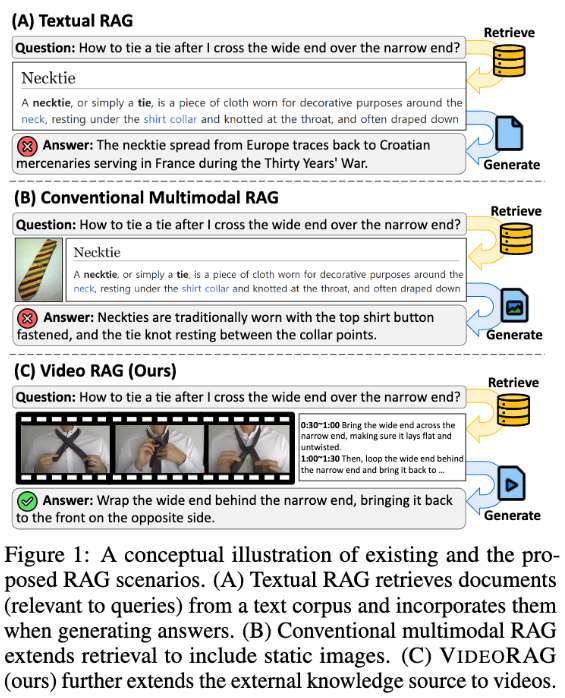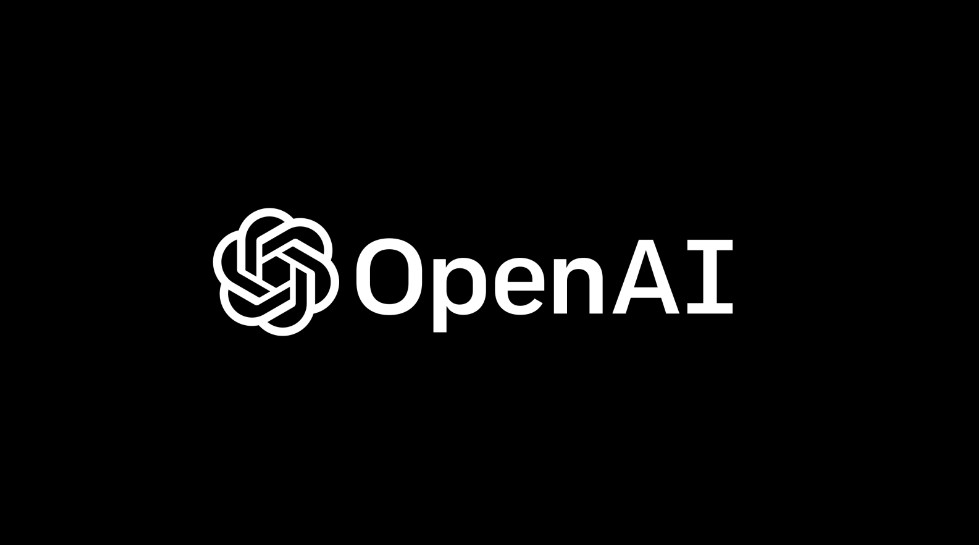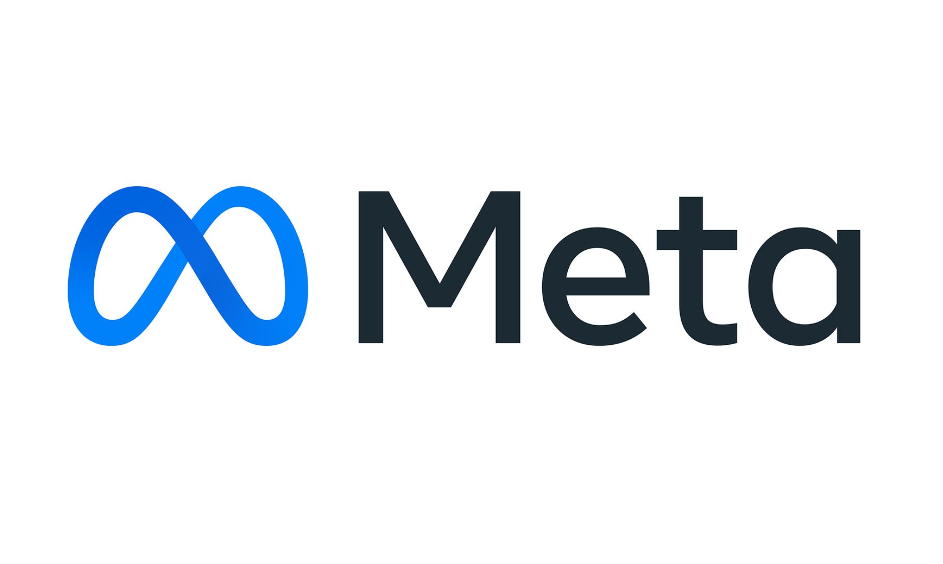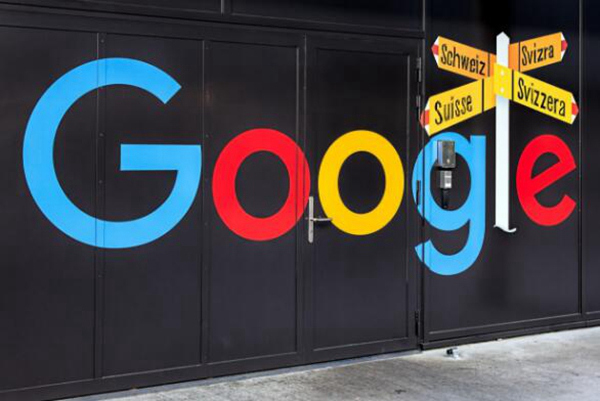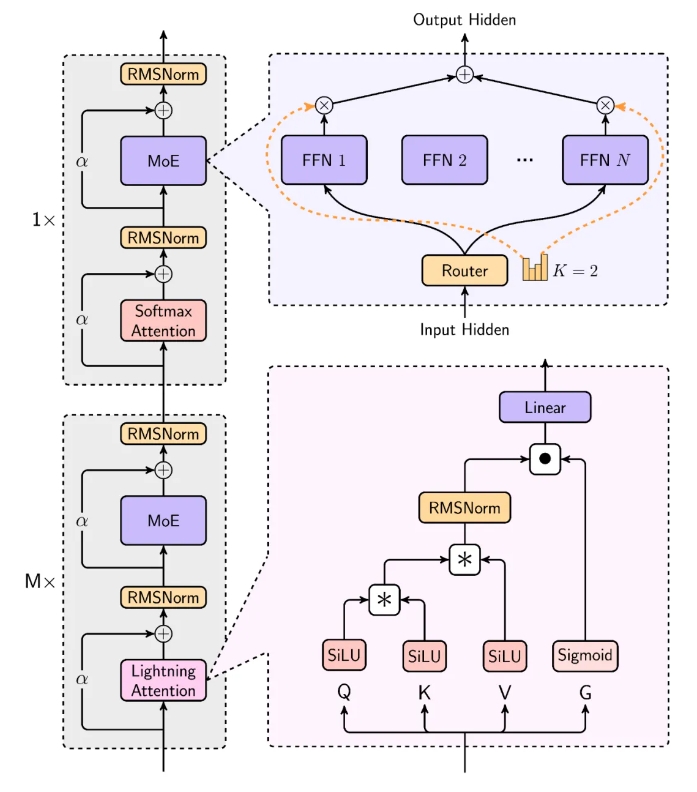Well-known British writers Kate Moss and Richard Osman recently spoke out against the artificial intelligence (AI) policy proposed by the Labor Party, saying that the policy may destroy the development of the creative industry and regard it as the "theft" of artistic works. Labor leader Keir Starmer has laid out a plan to turn the UK into "the world's top AI power" and backed a 50-point action plan that includes restrictions on the use of AI by tech companies. Copyright text and data training rules are modified.

The government is currently considering whether to allow big tech companies to access data on literary, musical and other creative works at scale without copyright holders actively opting out. The move is seen as a means to promote the development of British AI companies, because training AI models requires a large amount of data, and technology companies believe that the current copyright laws are unclear and may hinder technological progress. Creators, however, want AI companies to pay fair royalties for their works and have expressed disappointment that the Prime Minister is backing an EU-like system that would require copyright holders to opt out of data collection.
The Creative Industries Rights Alliance recently expressed "deep concern" about Starmer's stance and called on the government to continue to consider their demands while protecting creative rights. Famous musician Paul McCartney once warned that AI "may completely replace human creation", while Kate Bush and Stephen Fry and Hugh Bonneville Hugh Bonneville) and others signed the petition, emphasizing that "the unauthorized use of creative works to train and generate AI is a major threat to the livelihood of creators and must not be allowed."
"AI should be used responsibly and rationally, but it shouldn't be at the expense of creative industries," Moss told the Guardian. She believes such policies support a certain type of growth at the expense of Another part of the growth. Osman also made it clear that if you want to use copyrighted works, you should ask for permission and pay a fee, and anything else is theft.
According to the action plan, the government will push to "reform the UK's text and data mining regime so that it is at least as competitive as the EU". However, many creators object to this, arguing that they should be automatically compensated for the use of their work. In this regard, the government stated that it will ensure that while supporting the development of the AI industry, it will also protect the interests of the creative industry and conduct relevant consultations.
AI courses are suitable for people who are interested in artificial intelligence technology, including but not limited to students, engineers, data scientists, developers, and professionals in AI technology.
The course content ranges from basic to advanced. Beginners can choose basic courses and gradually go into more complex algorithms and applications.
Learning AI requires a certain mathematical foundation (such as linear algebra, probability theory, calculus, etc.), as well as programming knowledge (Python is the most commonly used programming language).
You will learn the core concepts and technologies in the fields of natural language processing, computer vision, data analysis, and master the use of AI tools and frameworks for practical development.
You can work as a data scientist, machine learning engineer, AI researcher, or apply AI technology to innovate in all walks of life.
